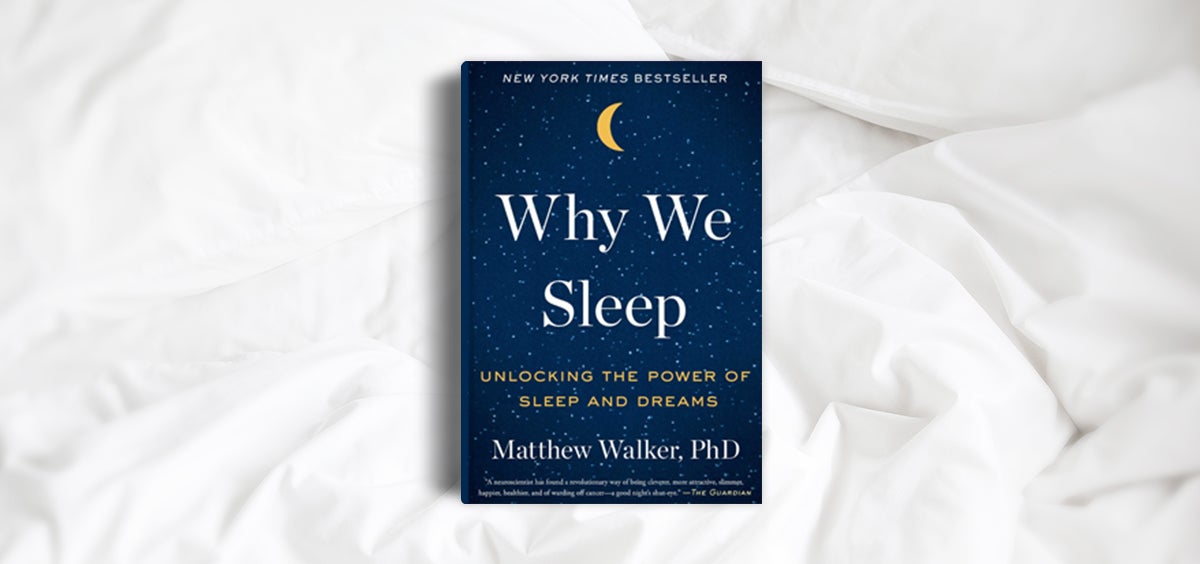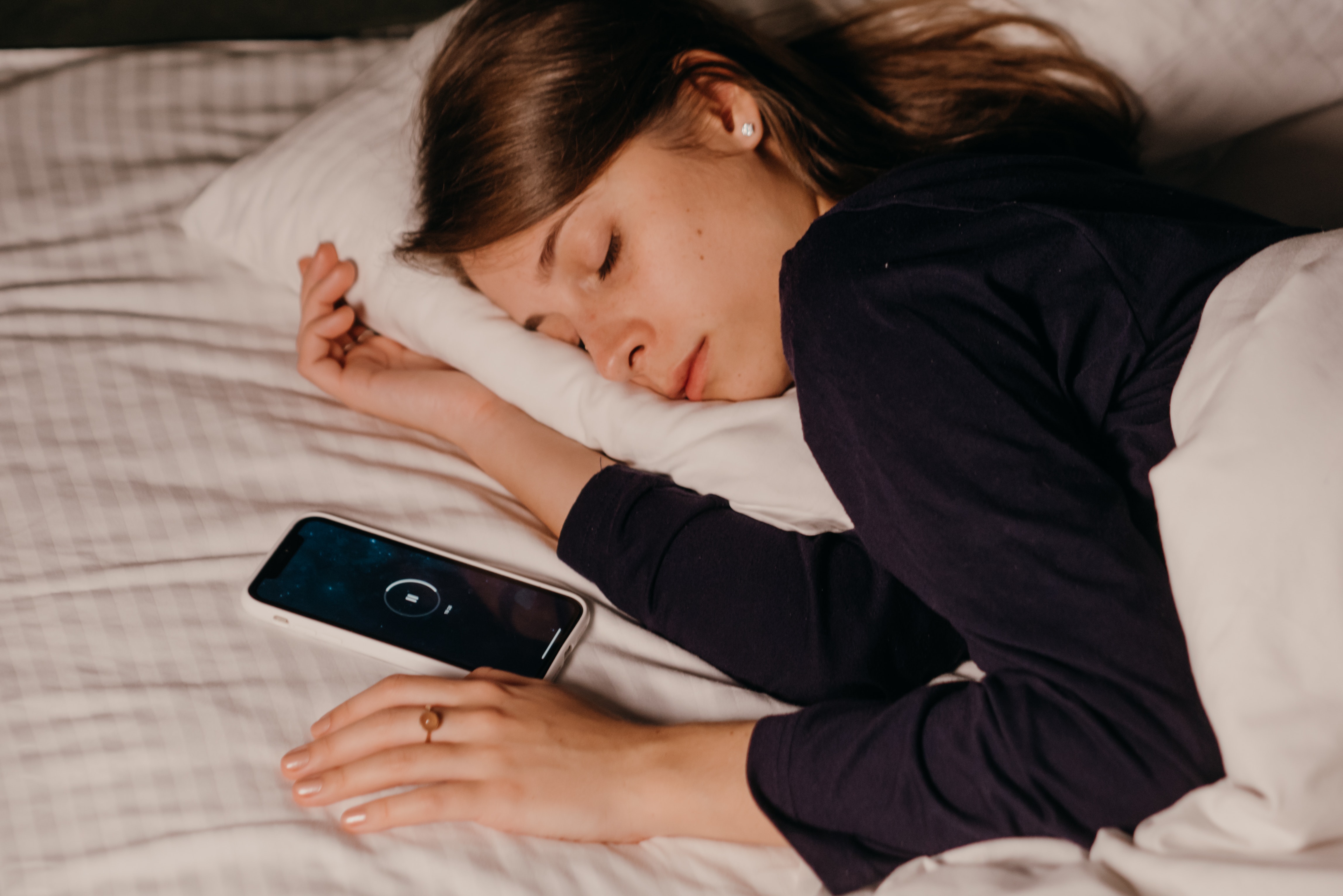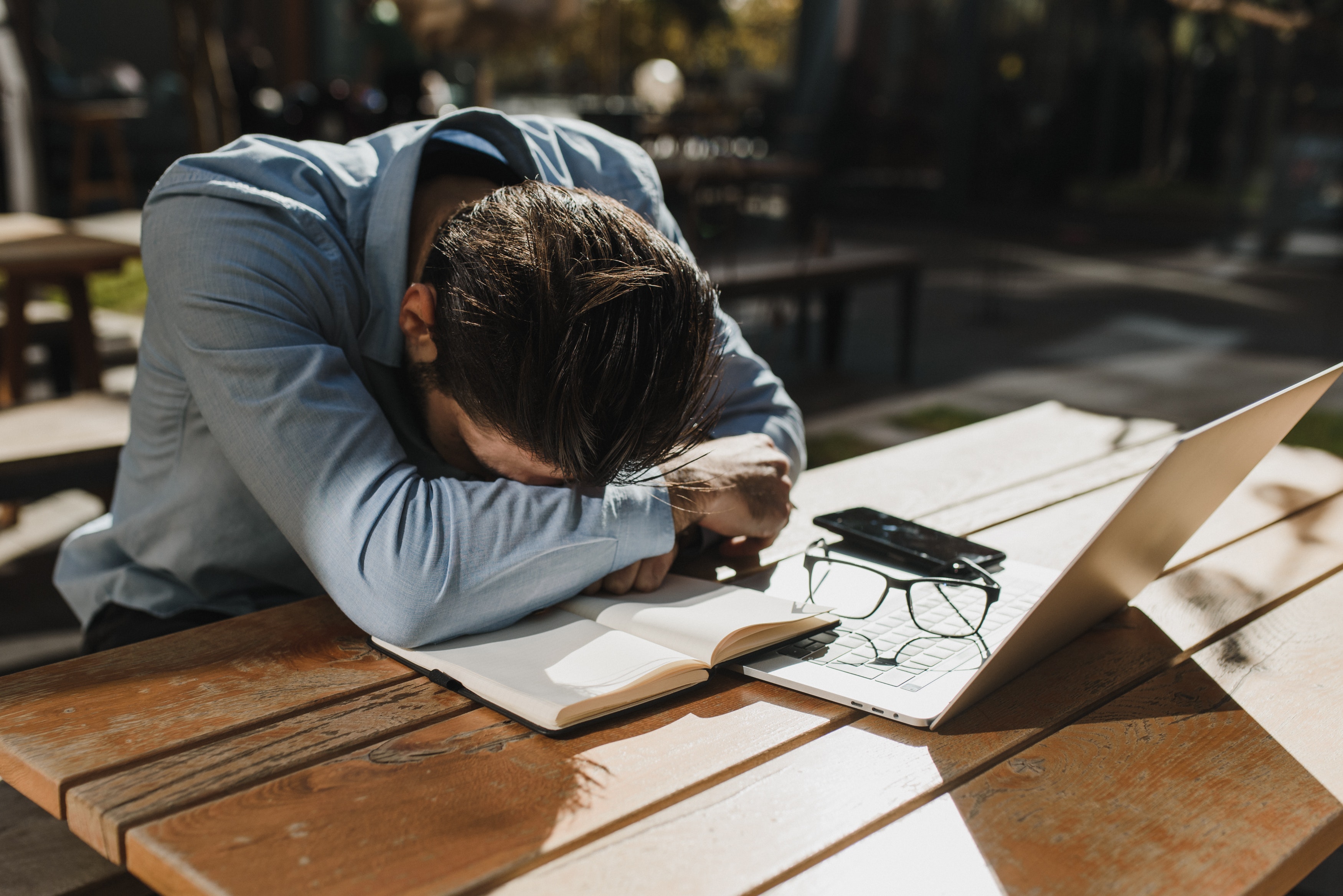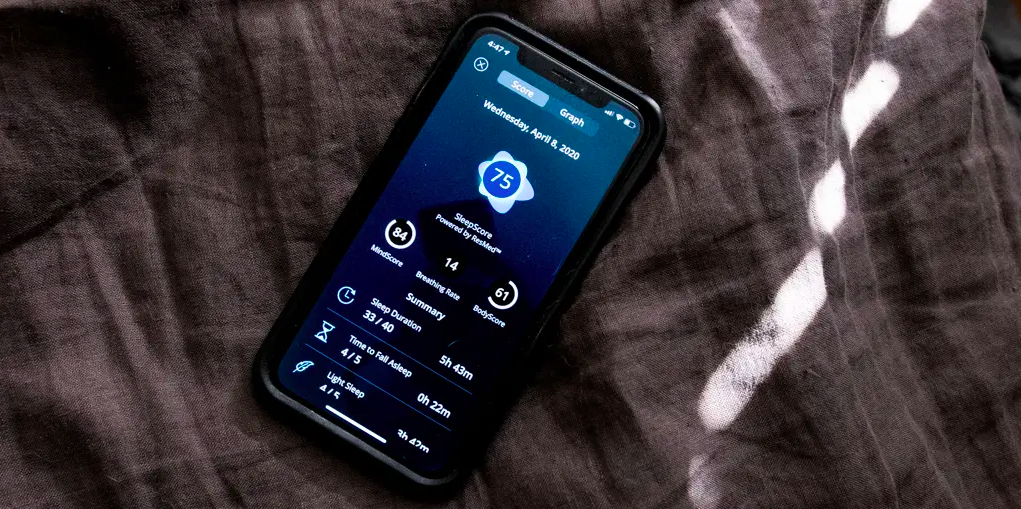Sleep
I have just finished reading a fascinating but scary book about sleep. Written in 2019, Matthew Walker's "Why We Sleep: Unlocking the Power of Sleep and Dreams" is a scientific description of the world of sleep. The book’s exploration of sleep and its significant impact on human health, behaviour and well-being is as alarming as it is enlightening. As an indifferent sleeper, I pay attention.
Walker, a neuroscientist and sleep researcher, presents his impressively researched analysis of the importance of sleep and dreams. His scientific information seems sometimes overwhelming, but Walker breaks down complex concepts into digestible, fascinating, and occasionally chilling lessons. As he says, you do not need to read the book all at once or even chapter by chapter.

"Why We Sleep" emphasises the significant impact of sleep (or lack of it) on most aspects of life, including our cognitive abilities, emotional health, lifespan, and even susceptibility to diseases like Alzheimer's and cancer.
So how much sleep do we need? Walker is adamant that we need at least seven hours of sleep a night. The ideal time is 7-9 hours. Through his many scientific experiments, Walker proves the mental and physical ill effects of even one night with less than seven hours of sleep.

Walker argues that modern society's chronic undervaluation of sleep has led to a 'silent sleep loss epidemic,' with severe implications for public health and productivity. He encourages us to re-evaluate our sleep habits, providing practical tips on improving sleep quality and debunking popular myths perpetuating harmful behaviours.
Walker puts forward several significant points. Here are some of my key takeaways:
- The Importance of Sleep: Walker demonstrates that sleep is not a luxury but a biological necessity. It significantly impacts our physical and mental health, from brain function and emotional well-being to cardiovascular health and immune system strength.
- Sleep and Disease: He highlights the strong correlations between lack of sleep and various health conditions, including Alzheimer's, cancer, diabetes, and obesity. He stresses that consistent, quality sleep can be a preventative measure against these conditions.
- Sleep and Cognitive Functions: Sleep deprivation profoundly affects cognitive functions such as memory, concentration, decision-making, and creativity. Walker explains how sleep facilitates memory consolidation and the removal of metabolic waste from the brain.
- Sleep Across the Lifespan: Sleep patterns and needs change across the lifespan, with particular importance during childhood and adolescence for brain development. Walker discusses how modern society, particularly school start times, often works against these biological needs.
- Sleep and Society: He criticises modern societal norms and practices that undervalue sleep, such as glorifying busyness and the expectation of constant availability in the digital age. He suggests these contribute to a widespread 'sleep loss epidemic.' Many road accidents are caused by lack of sleep.
- The Role of Dreaming: Walker also delves into the function of dreaming, explaining how it aids in emotional regulation and creativity.
- Practical Tips for Healthy Sleep: The book concludes with practical advice on improving sleep quality, debunking common myths (like the idea that people can train themselves to need less sleep), and stressing the dangers of relying on sleep aids like alcohol or prescription drugs.

He views sleeping drugs negatively, pointing out how they ‘fake’ sleep with numerous side effects – including, in rare cases, death. He is more optimistic about Melatonin and considers it worthwhile for jet lag and older people.
Frankly, I found parts of the book somewhat alarmist. While Walker is dedicated to the importance of sleep, his scientific descriptions of the consequences of sleep deprivation sometimes scare me. I am not sure if it might not contribute to even more anxiety about not sleeping well!
However, I also learned that some people think they are awake or not sleeping well when they are asleep. Some modern sleep ‘detectors’, like the Apple Watch and Oura ring, show some owners surprising results. They sleep more than they think they do.

Then, in an appendix, Walker gives twelve tips for healthy sleep. In brief, these are:
- Stick to a sleep schedule. Go to bed and wake up at the same time each day.
- Exercise is great, but not too late in the day. Try exercising at least 30 minutes most days but not later than two to three hours before bedtime.
- Avoid caffeine and nicotine before going to bed.
- Avoid alcoholic drinks before bed. A ‘nightcap’ gives a false sense of relaxation.
- Avoid large meals and drinks too late at night.
- If your doctor permits, avoid medicines that delay or disrupt your sleep, such as some blood pressure or asthma medications.
- Don't take naps after 3:00 PM.
- Relax before bed. Read or listen to music.
- Take a hot bath before bed.
- Make sure you have a dark, cool bedroom free of gadgets.
- Have the correct sunlight exposure at the right times of the day. Daylight is vital to regulating daily sleep patterns.
- Don't lie in bed awake. If you find yourself still awake after 20 minutes, get up and do something relaxing.
Many of us will have read some of these before. But I found some surprising.
Walker's key message is that a minimum of seven hours of sleep a night sleep is a vital pillar of our health. It is as essential as a balanced diet and regular exercise. His book gave me a call to action for individuals and society to prioritise and respect our sleep needs.
Worked on the article:

Wanlikhang






